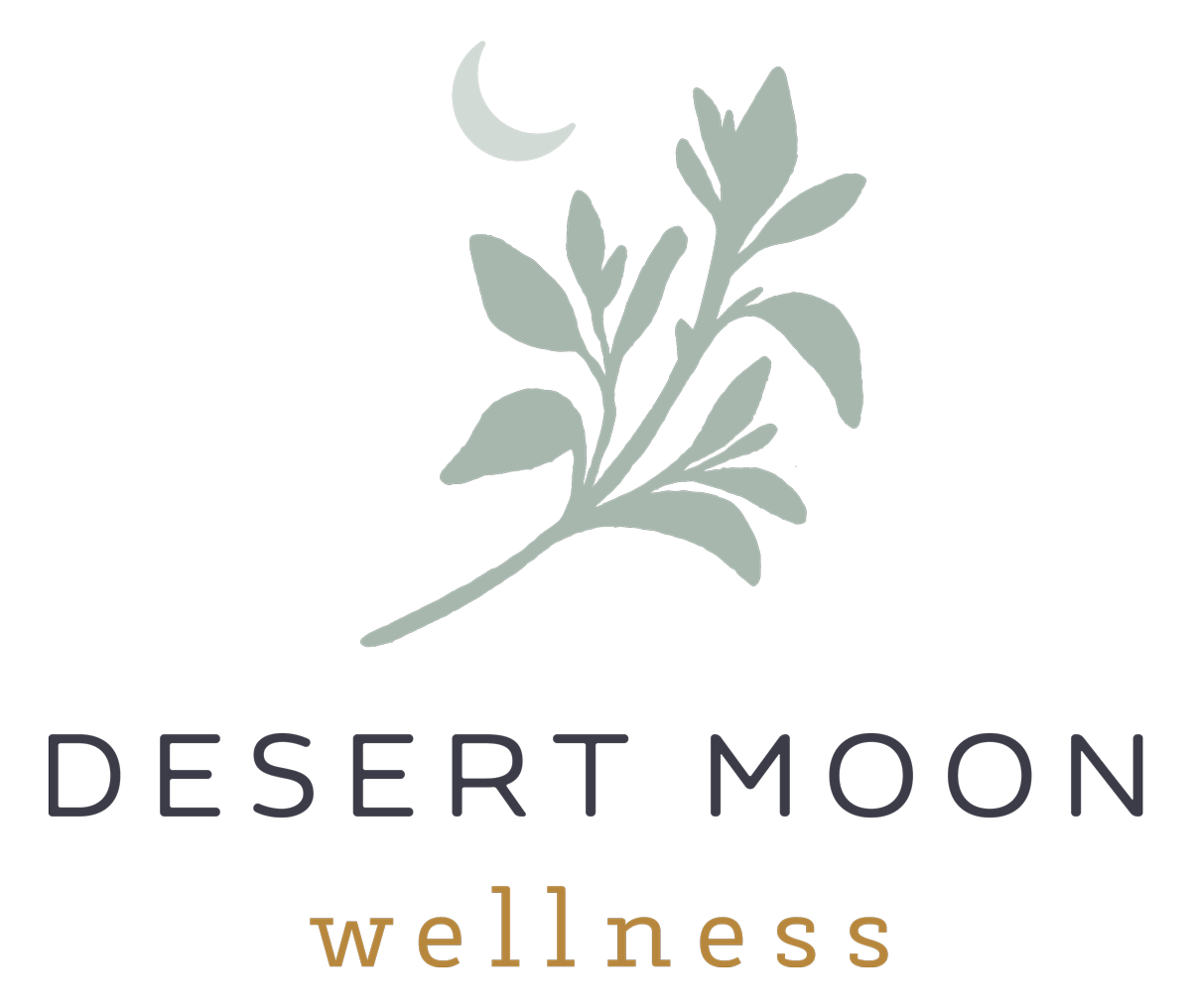How Chronic Pain Shapes Identity and Self-Perception
Chronic pain doesn’t just live in the body—it reshapes the landscape of identity, often quietly and profoundly. For many, it’s not just the ache or fatigue, but the way pain infiltrates roles, relationships, and self-perception.
The Psychology of Pain: Who Am I Now?
Disruption of Life Narrative
Chronic pain can feel like a rupture in the story you were writing for yourself. Plans, dreams, and roles—parent, professional, partner—may shift or fade, leaving a sense of disorientation or grief for the life once imagined.
Loss of Roles and Agency
When pain limits what you can do, it can also challenge who you believe yourself to be. The loss of productivity, spontaneity, or independence can erode confidence and create a sense of invisibility or diminished worth.
Overidentification with Pain
Pain can become a lens through which all experiences are filtered. Over time, it may feel like pain is not just something you live with, but something you are. This fusion can crowd out other aspects of identity—joy, creativity, sensuality, ambition.
Disconnection from the Body
The body, once a source of movement, pleasure, or expression, may feel like a battleground. This can lead to dissociation, distrust, or even resentment toward one’s own physical self.
Self-Concept Clarity and Emotional Impact
Research shows that chronic pain is linked to reduced self-concept clarity and increased death anxiety, which in turn heightens pain catastrophizing and emotional distress. When identity feels unstable, pain can feel even more overwhelming.
Reclaiming Identity Amid Pain
Integrative Awareness
Instead of rejecting pain or letting it define you, some find healing in acknowledging it as part of their experience—not the whole. This opens space for agency, nuance, and hope.
Creative Expression and Reflection
Journaling, art, and storytelling can help reclaim buried aspects of self. They offer a mirror to reflect not just suffering, but resilience, insight, and transformation.
Community and Connection
Being seen and validated by others who understand the complexity of living with pain can restore a sense of belonging and identity beyond illness.

